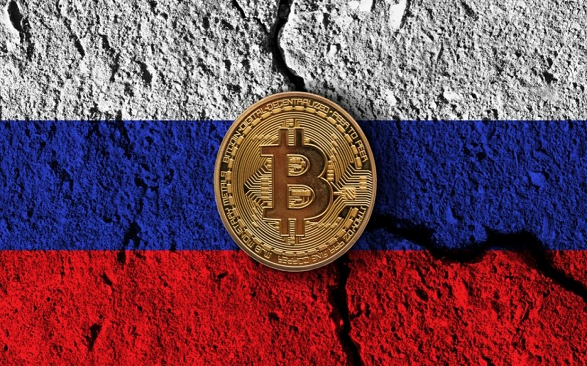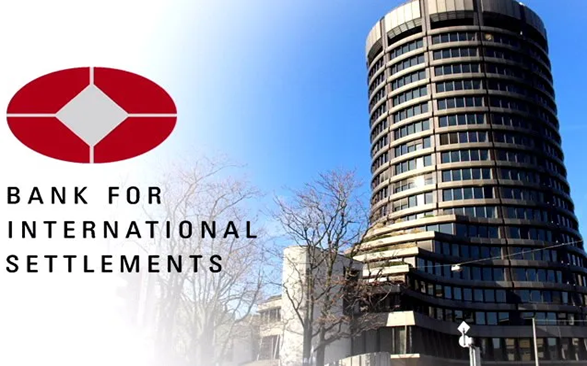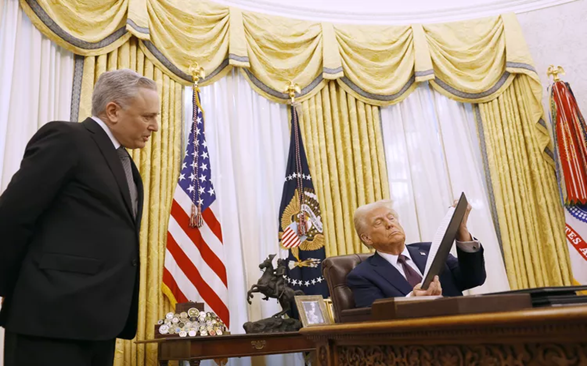By Jude Ayua
Russia has turned to cryptocurrency to circumvent international sanctions. Since the Russia-Ukraine war, the United States and the European Union (EU) imposed sanctions on Russia, making it unable to use traditional finance (TradFi) payment systems such as SWIFT for transnational transactions. The Russian Parliament passed a bill in July 2024 to legalize Bitcoin mining and the use of bitcoin in international payments effective 1 September 2024.
More than $3 billion worth of bitcoin has been mined in Russia since 2023, helping Russia to not only bypass restrictions but also to increase its tax revenues, Cointribune reported. In July 2024, the Russian state Duma was first to legalize crypto mining to allow companies to register as legal entities. Mining activities increased following the favorable regulatory framework, and have generated about 50 billion rubles (approximately $556 million) in taxes for the Russian state. Nationally, the Russian Parliament’s bill to legalize cryptocurrency mining will take effect in November 2024.
Cryptocurrencies still not legal
Russia’s action is part of the overall plan of the BRICS bloc to abandon the U.S. Dollar in international transactions. The BRICS comprises Brazil, Russia, India, China, South Africa, Ethiopia, Egypt, and the United Arab Emirates. The bloc is developing its blockchain-backed payment system, BRICS PAY, and its member countries have used cryptocurrencies in international transactions.
Despite legalizing bitcoin in international payments, Russia’s position on cryptocurrency has not shifted much; It still prohibits bitcoin payments domestically. This is because the Central Bank of Russia (CBR) seeks to project its digital currency it plans to launch in 2025. The legalization of crypto mining in Russia and for its use in international payments marks a significant turn from the country’s previous stance in 2022, where the CBR had called for a complete cryptocurrency ban.
Read also: India to use crypto for foreign trade as BRICS ditch the US Dollar
Is Russia’s sudden turn to cryptocurrency because of gaps in global regulations?
Unlike TradFi where central authorities, consisting of national governments, regional bodies such as the EU, and international organizations such as the World Bank and International Monetary Fund control the international space, there is no central authority controlling decentralized finance (DeFi). In TradFi, international laws make it possible to sanction countries as in the case of Russia, but in DeFi, there are no such laws. There are only regulations and recommendations to ensure compliance, consumer protection, among other requirements. For example, in the EU, the Markets in Crypto-Assets (MiCA) Regulation is a framework for crypto-assets that aims to protect consumers and investors. The Financial Action Task Force (FATF) recommendations also aim to ensure cryptocurrency exchanges’ compliance in cross-border transactions.
Read also: Ukraine passes ‘Law On Virtual Assets’ amidst Russia invasion.
Russia’s recourse to cryptocurrency to evade international sanctions should not be seen to have been enabled by the regulatory gap in the cryptocurrency global market. Conversely, it is the power of DeFi, which is one of the goals of blockchain technology, that Russia has leveraged to evade sanctions in TradFi. As long as Russia adheres to international regulations with respect to money laundering, terrorism financing, and other matters, it can use cryptocurrency for its international trade. Perhaps, Russia’s leverage of cryptocurrencies to circumvent sanctions will begin to inspire global regulations in the industry for this purpose.
Should other countries wait for sanctions?
As is commonly said, necessity is the mother of inventions. As unpleasant circumstances beset Russia, it turned to cryptocurrency for a way out. Russia could have been among the leading countries in cryptocurrency regulation, but it clamped down on it since and even attempted to impose a total ban on it. With the freedom that other countries enjoy in the cryptocurrency space, they can use it to boost their economies by investing in the currency of the future. It may become difficult to achieve seamless crypto adoption and effective crypto regulation with restrictions in place. There must be a regulatory framework in place to ensure consumer protection, compliance, and other international regulatory requirements.
Read also: Russia’s plan to legalize bitcoin: meaning and implications
About the Author: Jude Ayua is a policy analyst at CAB. A lawyer, Jude is an associate at Infusion Lawyers where he is a member of the Blockchain & Virtual Assets Group. He is also a member of the Policy & Regulations Committee of the Stakeholders in Blockchain Technology Association of Nigeria (SiBAN). Jude reports and writes on crypto policy and regulations. jude@infusionlawyers.com
Discover more from Crypto Asset Buyer
Subscribe to get the latest posts sent to your email.





